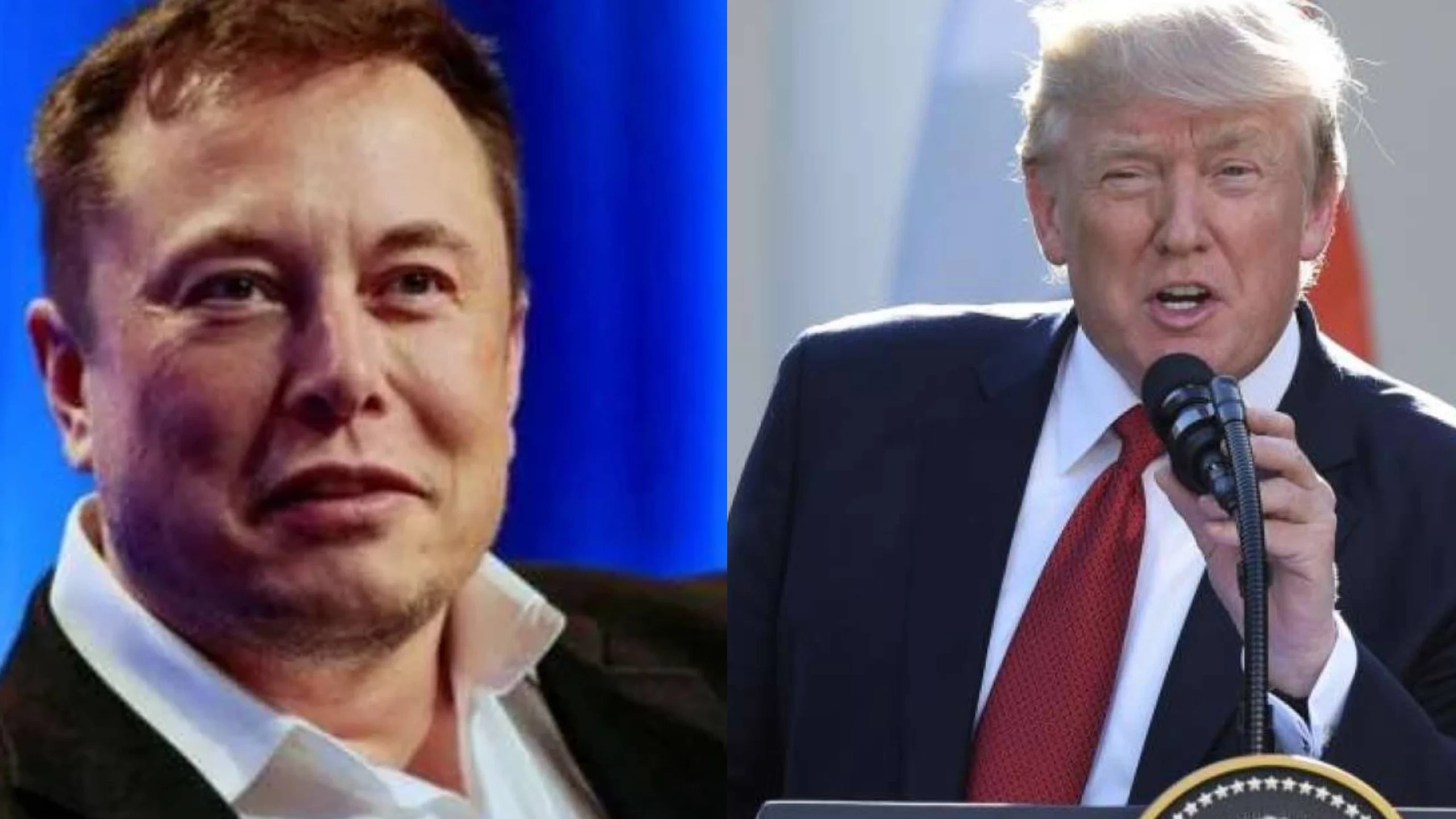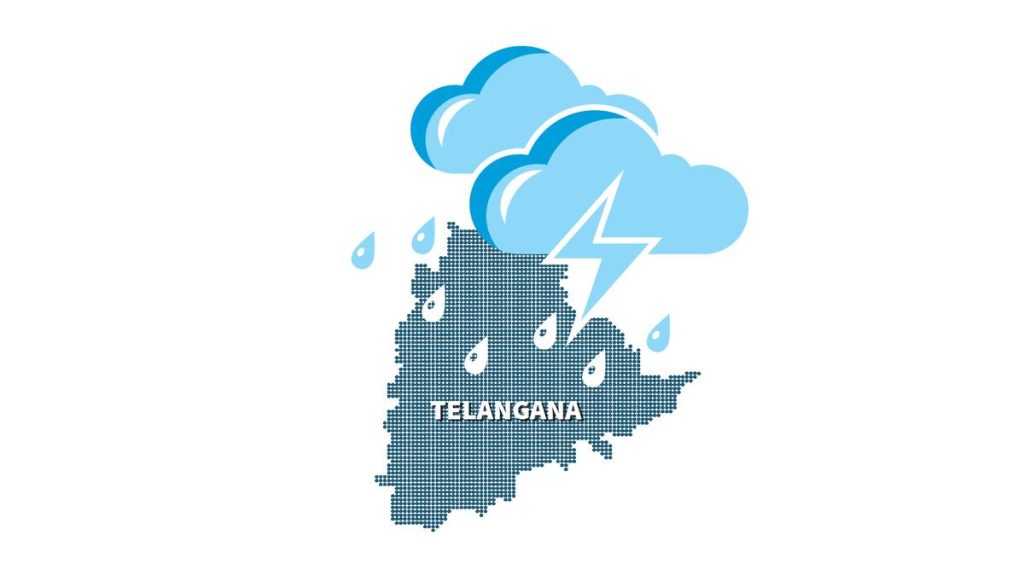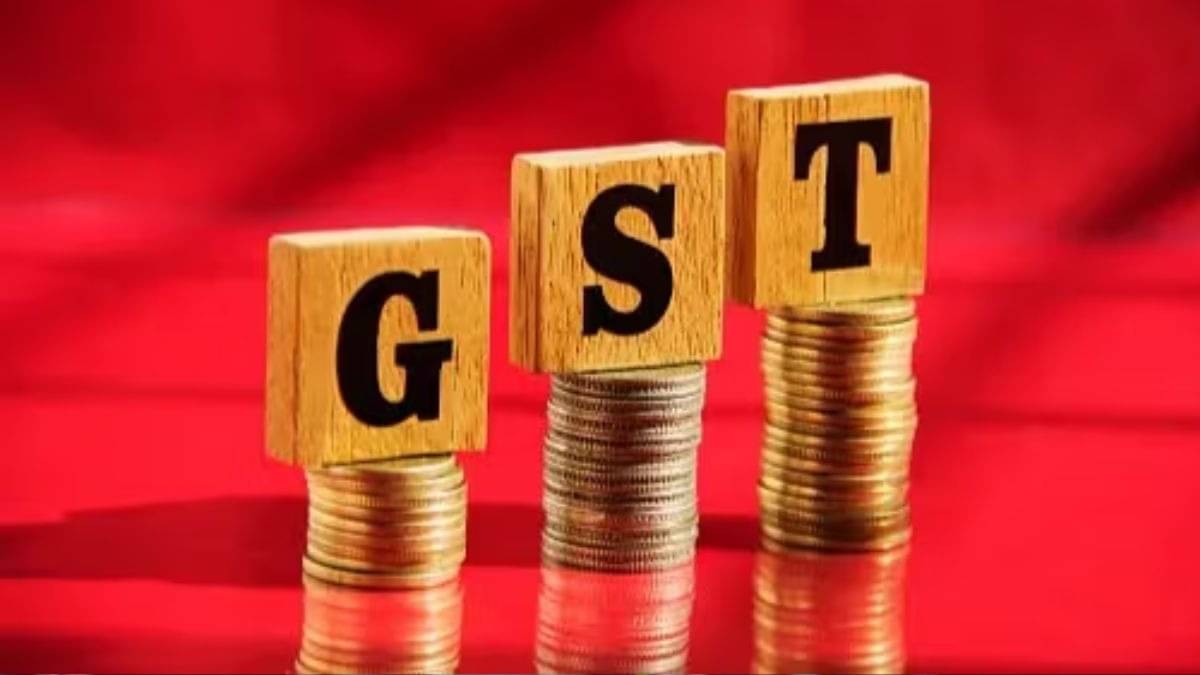Now Reading: Trump Claims Tesla Needs Federal Aid to Stay Afloat
-
01
Trump Claims Tesla Needs Federal Aid to Stay Afloat
Trump Claims Tesla Needs Federal Aid to Stay Afloat

Quick Summary:
- Former U.S. President Donald Trump criticized Tesla CEO Elon Musk, claiming Musk’s companies rely heavily on government subsidies and might fail without them.
- Trump stated Musk knew about his opposition to the EV mandate before endorsing his presidential campaign, adding that while electric cars are fine, people shouldn’t be forced to own them.
- In a Truth Social post,Trump claimed Musk might be the largest beneficiary of federal subsidies and suggested withdrawing support could lead Musk back to South Africa.
- The post also implied taxpayer savings if space exploration and car production under Musk were halted due to subsidy withdrawal.
- Elon Musk recently criticized Trump’s legislative record on X (formerly twitter),calling it fiscally irresponsible for adding $5 trillion to the national debt through large spending bills.
- Tensions have grown between trump and Musk over recent years as both figures exchanged personal criticism. This includes statements from Musk endorsing Trump’s impeachment and raising questions about past associations.
Indian opinion Analysis:
This escalating public feud between two influential figures highlights potential divisions in U.S. politics around economic policy, technological advancements like electric vehicles (evs), and government subsidies for green initiatives. For India-an emerging player in EV production-such developments may shape global perceptions of sustainability transitions influenced by state backing versus free-market approaches. As homegrown companies like Tata Motors scale their EV efforts domestically, debates over subsidy reliance abroad could spur reflection within stakeholders here regarding optimal industry policies moving forward.
Moreover, India’s aspiring goals in space technology under ISRO could see indirect implications from discussions on fiscal prioritization globally if significant players face challenges due to subsidy cuts elsewhere. Observing how this tension impacts long-term transformational industries may offer strategic lessons applicable across economics and environment-focused policymaking for Indian leaders.























